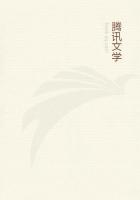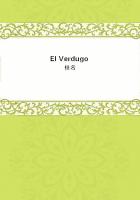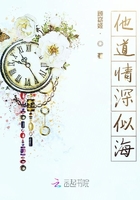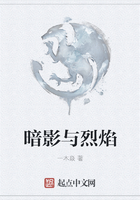In passing from the gesture of the body to the movement of the tongue, Plato makes a great step in the physiology of language. He was probably the first who said that 'language is imitative sound,' which is the greatest and deepest truth of philology; although he is not aware of the laws of euphony and association by which imitation must be regulated. He was probably also the first who made a distinction between ****** and compound words, a truth second only in importance to that which has just been mentioned. His great insight in one direction curiously contrasts with his blindness in another; for he appears to be wholly unaware (compare his derivation of agathos from agastos and thoos) of the difference between the root and termination. But we must recollect that he was necessarily more ignorant than any schoolboy of Greek grammar, and had no table of the inflexions of verbs and nouns before his eyes, which might have suggested to him the distinction.
(4) Plato distinctly affirms that language is not truth, or 'philosophie une langue bien faite.' At first, Socrates has delighted himself with discovering the flux of Heracleitus in language. But he is covertly satirising the pretence of that or any other age to find philosophy in words; and he afterwards corrects any erroneous inference which might be gathered from his experiment. For he finds as many, or almost as many, words expressive of rest, as he had previously found expressive of motion.
And even if this had been otherwise, who would learn of words when he might learn of things? There is a great controversy and high argument between Heracleiteans and Eleatics, but no man of sense would commit his soul in such enquiries to the imposers of names...In this and other passages Plato shows that he is as completely emancipated from the influence of 'Idols of the tribe' as Bacon himself.
The lesson which may be gathered from words is not metaphysical or moral, but historical. They teach us the affinity of races, they tell us something about the association of ideas, they occasionally preserve the memory of a disused custom; but we cannot safely argue from them about right and wrong, matter and mind, ******* and necessity, or the other problems of moral and metaphysical philosophy. For the use of words on such subjects may often be metaphorical, accidental, derived from other languages, and may have no relation to the contemporary state of thought and feeling. Nor in any case is the invention of them the result of philosophical reflection; they have been commonly transferred from matter to mind, and their meaning is the very reverse of their etymology. Because there is or is not a name for a thing, we cannot argue that the thing has or has not an actual existence; or that the antitheses, parallels, conjugates, correlatives of language have anything corresponding to them in nature. There are too many words as well as too few; and they generalize the objects or ideas which they represent. The greatest lesson which the philosophical analysis of language teaches us is, that we should be above language, ****** words our servants, and not allowing them to be our masters.
Plato does not add the further observation, that the etymological meaning of words is in process of being lost. If at first framed on a principle of intelligibility, they would gradually cease to be intelligible, like those of a foreign language, he is willing to admit that they are subject to many changes, and put on many disguises. He acknowledges that the 'poor creature' imitation is supplemented by another 'poor creature,'--convention. But he does not see that 'habit and repute,' and their relation to other words, are always exercising an influence over them.
Words appear to be isolated, but they are really the parts of an organism which is always being reproduced. They are refined by civilization, harmonized by poetry, emphasized by literature, technically applied in philosophy and art; they are used as symbols on the border-ground of human knowledge; they receive a fresh impress from individual genius, and come with a new force and association to every lively-minded person. They are fixed by the simultaneous utterance of millions, and yet are always imperceptibly changing;--not the inventors of language, but writing and speaking, and particularly great writers, or works which pass into the hearts of nations, Homer, Shakespear, Dante, the German or English Bible, Kant and Hegel, are the makers of them in later ages. They carry with them the faded recollection of their own past history; the use of a word in a striking and familiar passage gives a complexion to its use everywhere else, and the new use of an old and familiar phrase has also a peculiar power over us. But these and other subtleties of language escaped the observation of Plato. He is not aware that the languages of the world are organic structures, and that every word in them is related to every other; nor does he conceive of language as the joint work of the speaker and the hearer, requiring in man a faculty not only of expressing his thoughts but of understanding those of others.

